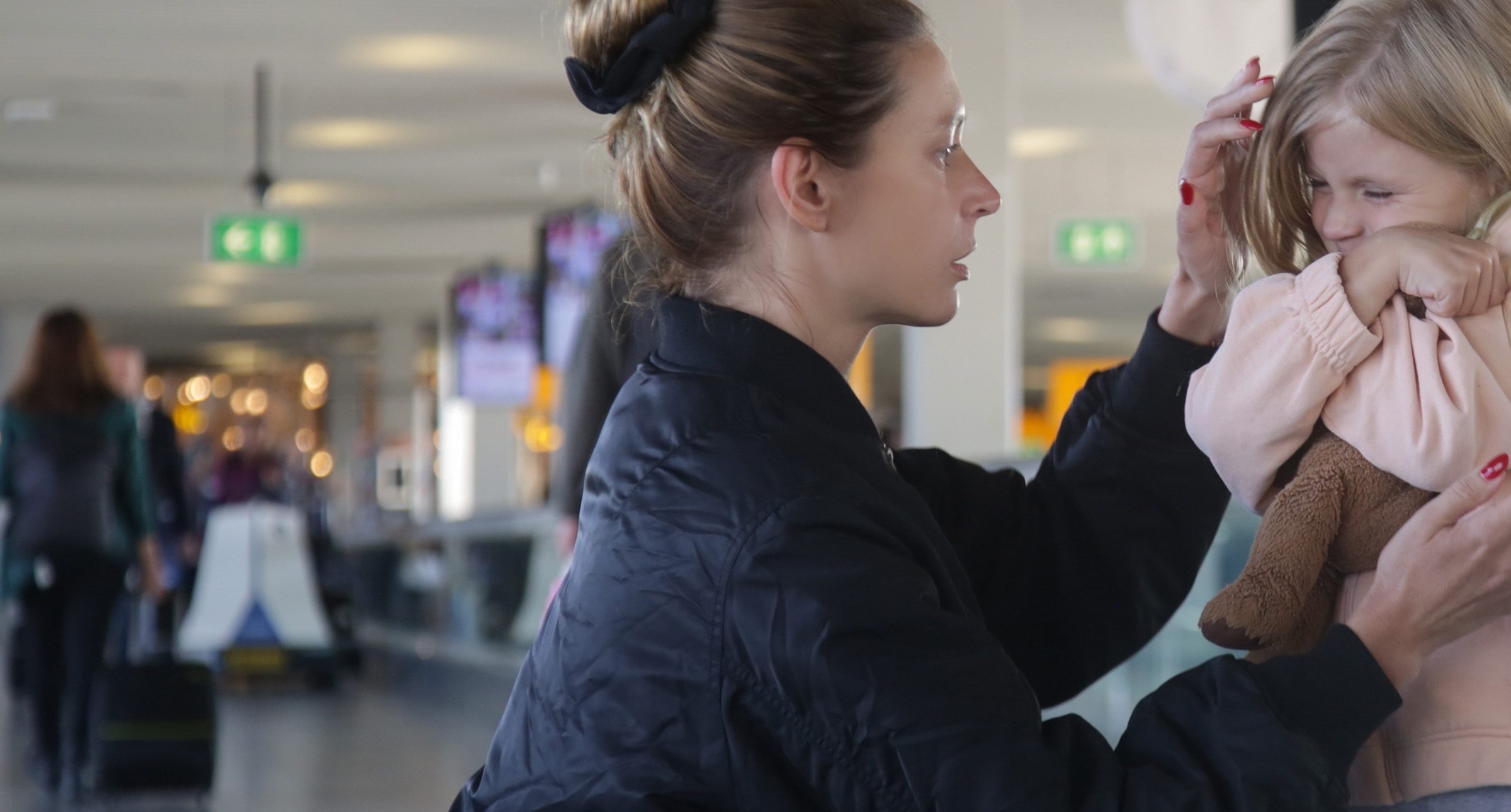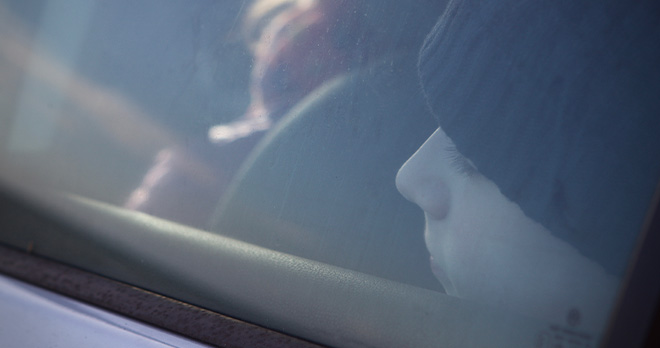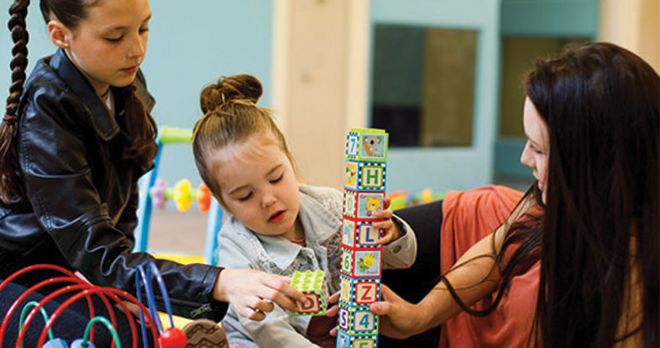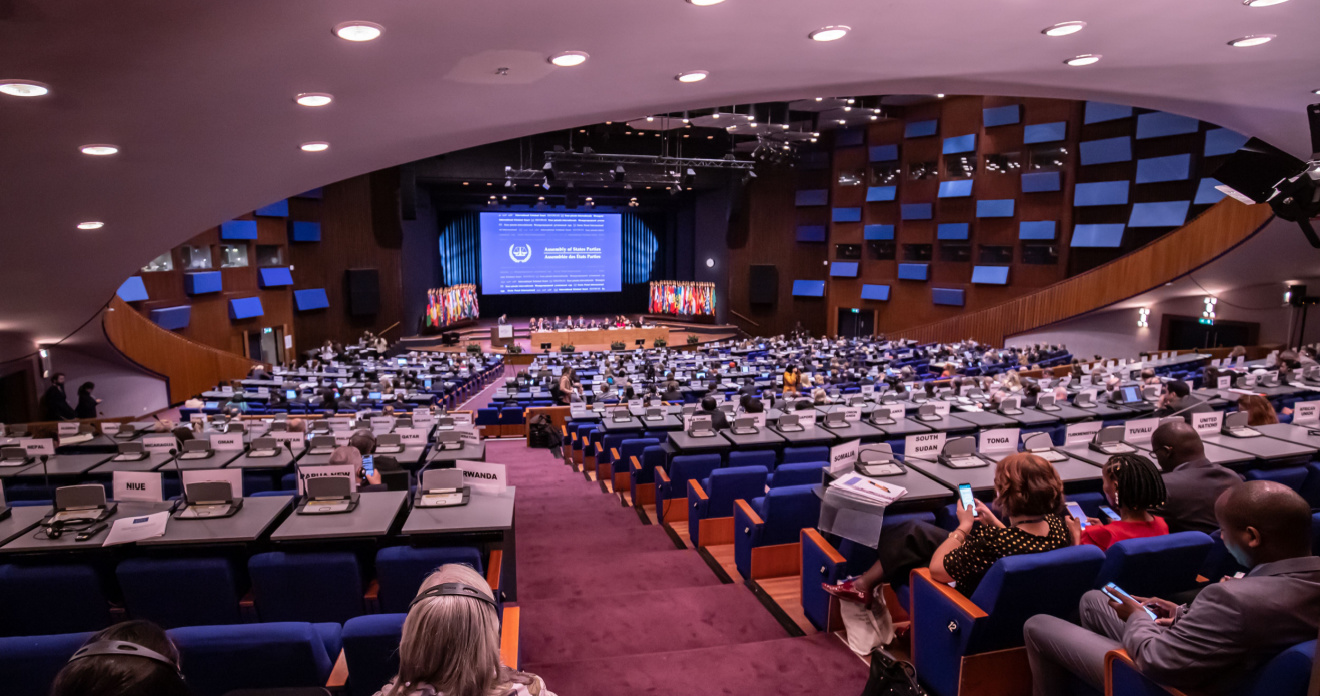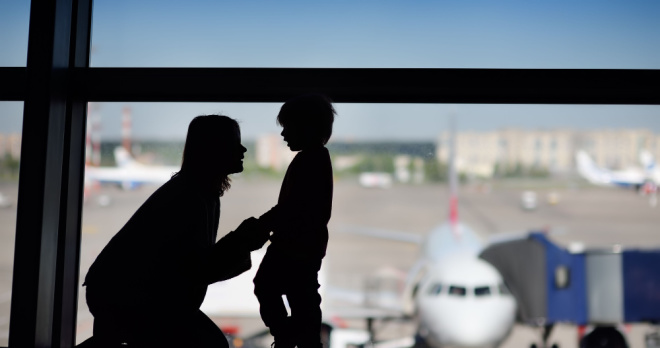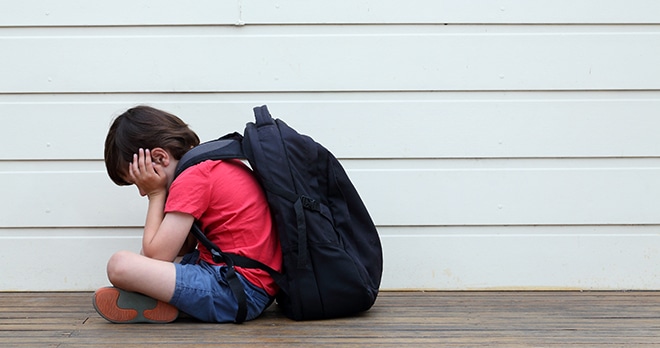What rights do grandparents have to contact with grandchildren?

The Italian Supreme Court recently determined that children do not have to see their grandparents if they do not wish to do so. The decision came despite Italian law being clear that a child has a right to maintain a significant relationship with their grandparents and that the preservation of that bond is generally in their best interest. That case turns on its own facts, in that the wishes and feelings of the children not to have a relationship with their grandparents were considered to be prevalent.
It is unfortunately not uncommon for grandparents and extended families to become the silent victim of an acrimonious separation between the parents, and for their relationship with the children to be severed as a result of extended family experience in real or perceived divided loyalties on separation. Conflict between a parent and their family of origin can create the same difficulties for a child even outside the context of a relationship breakdown.
Unfortunately, there are situations in which difficulties in such relationships cannot be overcome, and a child can find themselves prevented from experiencing and developing a bond with their extended family.
Do grandparents (and/or extended family) have a right to contact?
In England and Wales, there are no automatic rights for a grandparent or a member of a child’s extended family (for example an aunt, an uncle or an adult sibling) to have contact with a child.
The right for a child to have a relationship with each parent is protected by statute; the same does not apply for the child’s extended family. However, the courts recognise how precious maintaining a relationship with their extended family can be for a child and how protecting or establishing that link can be invaluable for their welfare.
This is important for any child, but in particular for children of dual heritage or children who, for whatever reason, do not have a relationship with one of their parents. That connection with the maternal or paternal extended family could in that situation be the only way to maintain a link to that part of their identity.
Can grandparents (and/or extended family) get a court order?
A grandparent or a member of a child’s extended family who wishes to spend time with that child can make an application to the court for permission to apply for an order to spend time with them. There is an additional procedural hurdle compared to an application being brought by a child’s parent or somebody with parental responsibility of that child, in that a grandparent or a member of the child’s extended family would have to seek permission from the court before an application for contact can be brought.
Generally, if there is a connection between the applicant and the child and there are no proven concerns around the application being harmful to the child’s wellbeing, permission will be granted. It will then come for the court to consider the application on its merits, having regard to the child’s welfare and determining, having undertaken a holistic assessment, whether it is in the best interests of the child for contact to take place.
Before making an application to the court, we would generally recommend that alternative forms of family dispute resolution are explored. Often a line of dialogue can be established by carefully approaching the parent with whom the child lives and, through careful negotiation and mediation, often a way forward can be achieved that does not involve court proceedings.
We have many years’ experience of providing advice in respect of living and contact arrangements and successfully helping parents to avoid unnecessary and stressful court action.
Call now
Complexities in family law - thinking outside the box
Is it time that we all started thinking outside the box?
How can families in need of support continue to seek resolutions when so much is changing around them? Is it time that we all started thinking outside the box?




